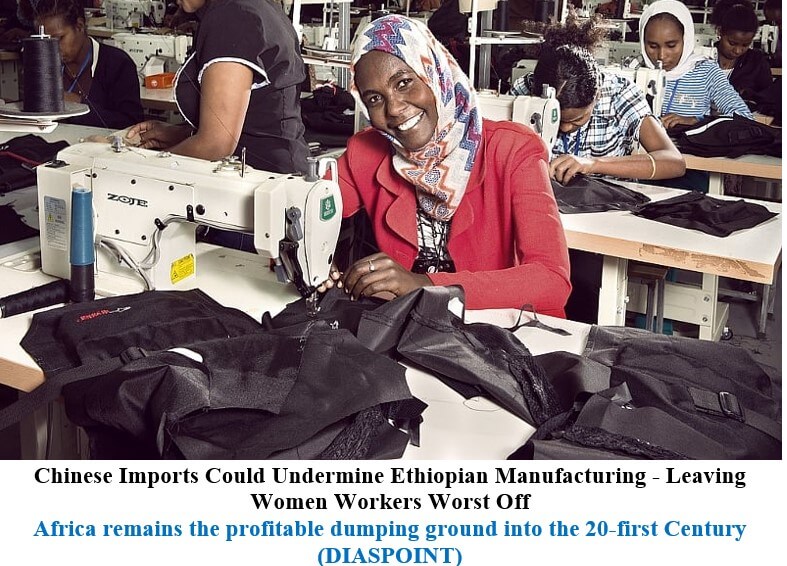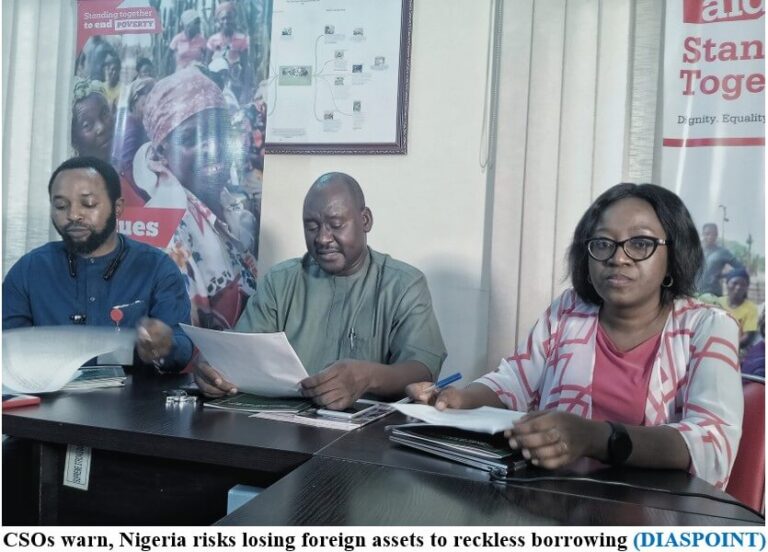Chinese Imports Could Undermine Ethiopian Manufacturing – Leaving Women Workers Worst Off
China is now the African continent’s largest trading partner, accounting for US$254 billion in 2021. It’s also the main country of origin for African manufacturing imports, providing 16% of Africa’s total in 2018.
In most African countries the influx of Chinese products has become a major concern because of the implications for industrialisation.
A flood of cheaper Chinese products could set back Africa’s infant or domestic industries. Domestic manufacturers that couldn’t compete would be forced to exit the market and would not create jobs.
There are serious implications for the continent’s economic development, because industrialisation is widely seen as critical to improving living standards.
There are also concerns about the impact Chinese manufactured exports are having on wages in importing countries.
We explored these issues in a recent paper. We analysed the relationship between Chinese import competition and labour market outcomes as they related to women and men workers in Ethiopia. We merged a rich data set on manufacturing firms with trade data between 1997 and 2010.
We mapped out the effect of import surges on labour force participation and compensation. The impact of the influx of Chinese products in Ethiopia on employment and wages differed for men and women, we found.
Employment levels declined overall for male and female manufacturing workers. But women bore a disproportionate burden. Manufacturing firms exposed to increased Chinese competition employed fewer female production workers than men.
Our findings matter because equality in the labour market is a starting point to improve women’s economic and social status. It also helps to improve their bargaining power in households.
Chinese imports and gender
The rise of Chinese imports has come at a time when most African countries have very low industrialisation levels.
Manufacturing’s share of GDP in sub-Saharan Africa declined from 17% in 1995 to 10% in 2010, before recovering slightly to 12% in 2021. Participation in global value chains is another measure of industrial development. The continent’s is still very low. Africa participates in global trade mostly by exporting natural resources and primary products.
It’s therefore important to look closely at the impact of Chinese trade relations on employment in the manufacturing sector. The comparison between male and female employment and wages is particularly notable for policy makers.







